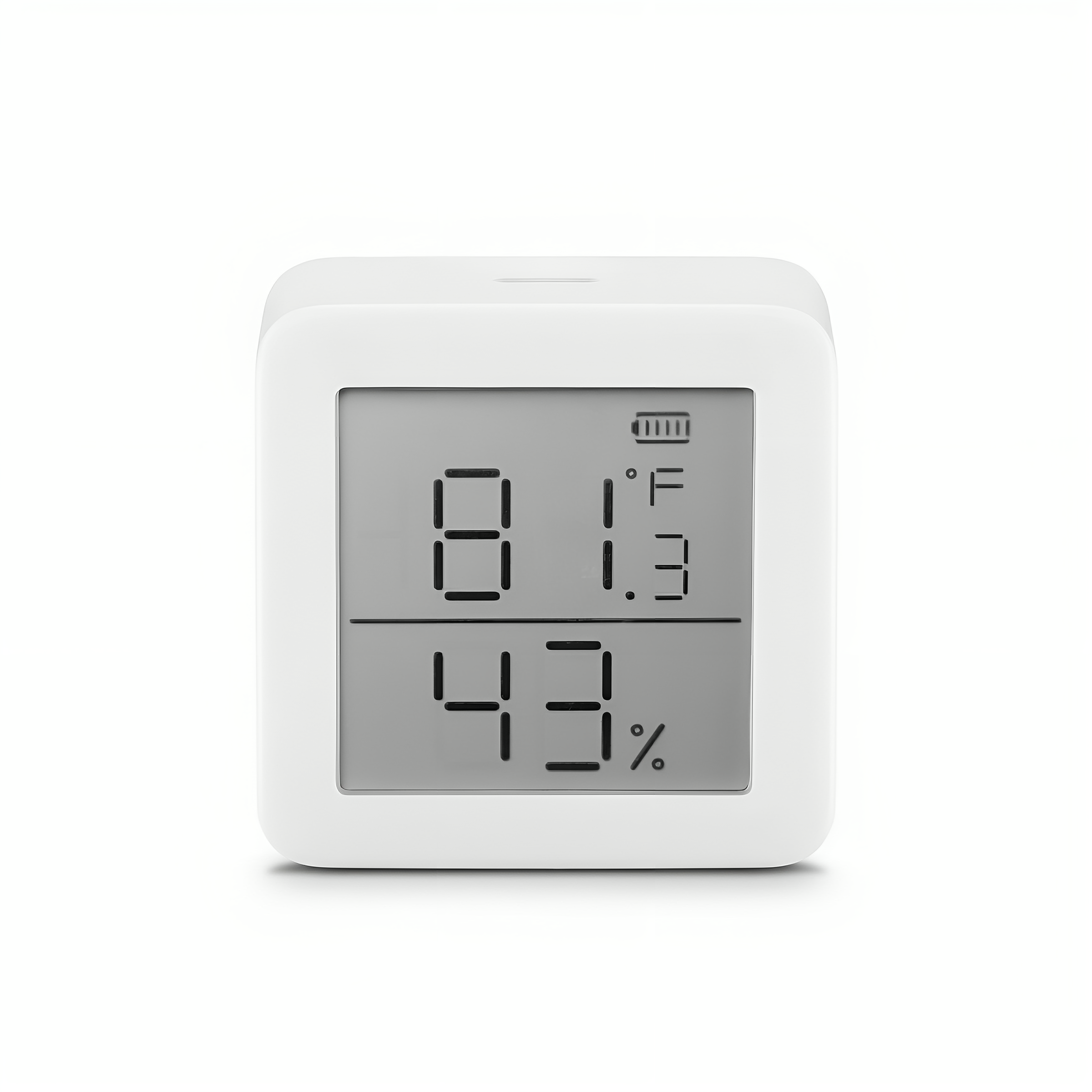Humidity meters, also known as hygrometers, play a crucial role in the food industry. They are essential tools for monitoring and controlling the moisture levels in food processing, storage, and transportation. In this article, we will delve into the significance of humidity meters in ensuring the quality and safety of food products.

Optimal Conditions for Food Preservation
Proper humidity levels are vital for preserving the freshness and quality of various food items. Whether it's a bakery, a meat processing facility, or a warehouse storing fresh produce, maintaining the right humidity is essential. For example, in a bakery, excess moisture can lead to mold growth on bread and pastries, while insufficient humidity can cause them to become stale. By using humidity meters, food industry professionals can create and maintain optimal conditions for food preservation, thereby reducing waste and ensuring customer satisfaction.
Preventing Microbial Growth
High humidity levels can create a breeding ground for bacteria, yeast, and mold, posing a significant risk to food safety. In meat processing plants, for instance, excessive moisture can accelerate the growth of harmful microorganisms, leading to spoilage and contamination. By regularly monitoring humidity levels with precision hygrometers, food industry workers can take proactive measures to prevent microbial growth and uphold the safety of the products.
Quality Control in Food Production
Humidity meters are indispensable for quality control in food production facilities. For instance, in chocolate manufacturing, maintaining specific humidity levels is critical for achieving the desired texture and appearance of the final product. Similarly, in cheese aging caves, precise humidity control is essential for the development of flavor and texture. By using advanced humidity meters, food manufacturers can ensure consistency in their production processes and deliver high-quality products to consumers.
Regulatory Compliance and Shelf Life Extension
Regulatory agencies impose strict guidelines on humidity levels in food processing and storage facilities to prevent contamination and ensure food safety. By utilizing humidity meters, food industry professionals can demonstrate compliance with these regulations and maintain a safe working environment. Additionally, monitoring and controlling humidity can extend the shelf life of perishable goods. For example, in cold storage facilities, maintaining optimal humidity levels can prevent dehydration or spoilage of fruits and vegetables, thereby reducing food waste and increasing profitability.
In conclusion, the importance of humidity meters in the food industry cannot be overstated. From preserving food quality and safety to ensuring regulatory compliance and extending shelf life, these devices are indispensable for various applications. By investing in high-quality humidity meters and incorporating them into their operations, food industry professionals can enhance efficiency, minimize waste, and deliver superior products to consumers.








